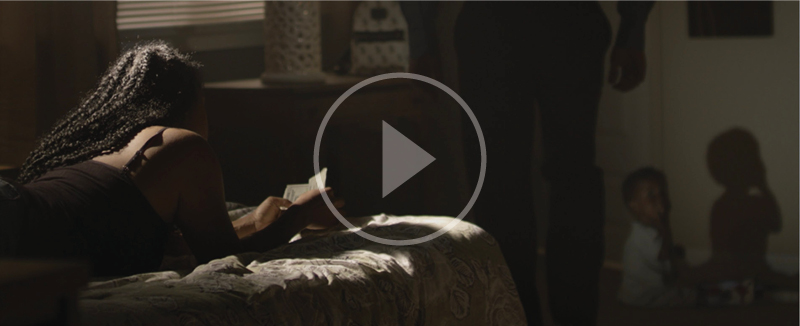Survivor Engagement
What Survivor Engagement looks like at the Institute for Survivor Care
The Institute for Survivor Care knows from firsthand experience the value that survivors can bring to the field. Over the past 20 years, however, we have also seen across the anti-trafficking movement how there can be a rush to put survivors in narrowly defined roles, which has resulted in compromise to the person and limited growth for the field. We believe there can be a better approach.
Our philosophy of survivor engagement is:
- Sincerity – Survivors should never be utilized as tokens or symbolic gestures. Their engagement should be as meaningful contributors and equally valued agents.
- Proficiency – Experience in one area of life does not presume expertise in all areas. Just as shelters may hire staff with recovery histories—and need to train those individuals in the issues and protocols of this work—so too, survivors need training and support to make the most of their experience.
- Suitability – Not everyone is equipped or inclined to be in a leadership or spokesperson role. We believe that envisioning a wider range of opportunities, based on their individual gifts and aspirations, would create a broader invitation for survivors to participate.
- Agency – We do not believe that all survivors should be required to wear “survivor” as their professional identity. We have had individuals on our staff and project teams who have exploitation histories who chose not to identify as a survivor. We will honor his/her privacy above any other interest we may have, or any demand from outside agencies.
Here at the Institute for Survivor Care we integrate survivor passion, knowledge, and experience in the following ways:
- Adjunct Faculty – we have several survivors who serve as paid faculty in our classroom, online, and on-site trainings.
- Advisory Committees – for each of our primary services, we have advisory committees made up of practitioners in the field. Some of those members are also survivors of exploitation.
- Research Studies – we have conducted several studies with survivors, seeking to elevate their collective voice to serve the whole field.
- Speakers – for our conference and other gatherings, we will invite individuals with particular expertise to share, and in some cases, those individuals also have survival histories
- Certified Peer Support Specialists – working with survivors, we have created a 60-hour training program that certifies a survivor’s readiness to work in a residential care setting

Have a question?
If you have any questions regarding survivor engagement, please contact Jeanne Allert at jallert@instituteforsurvivorcare.org



